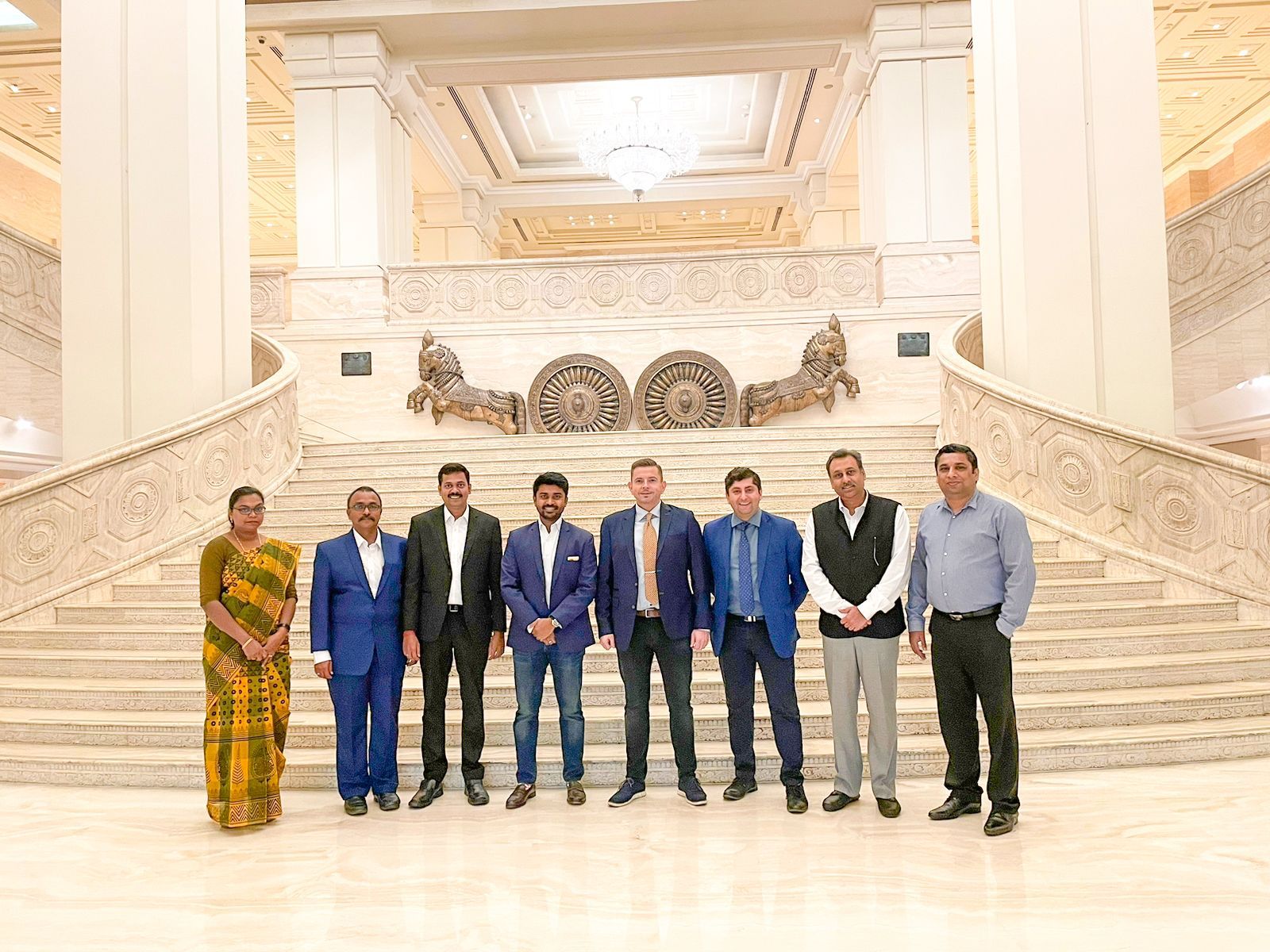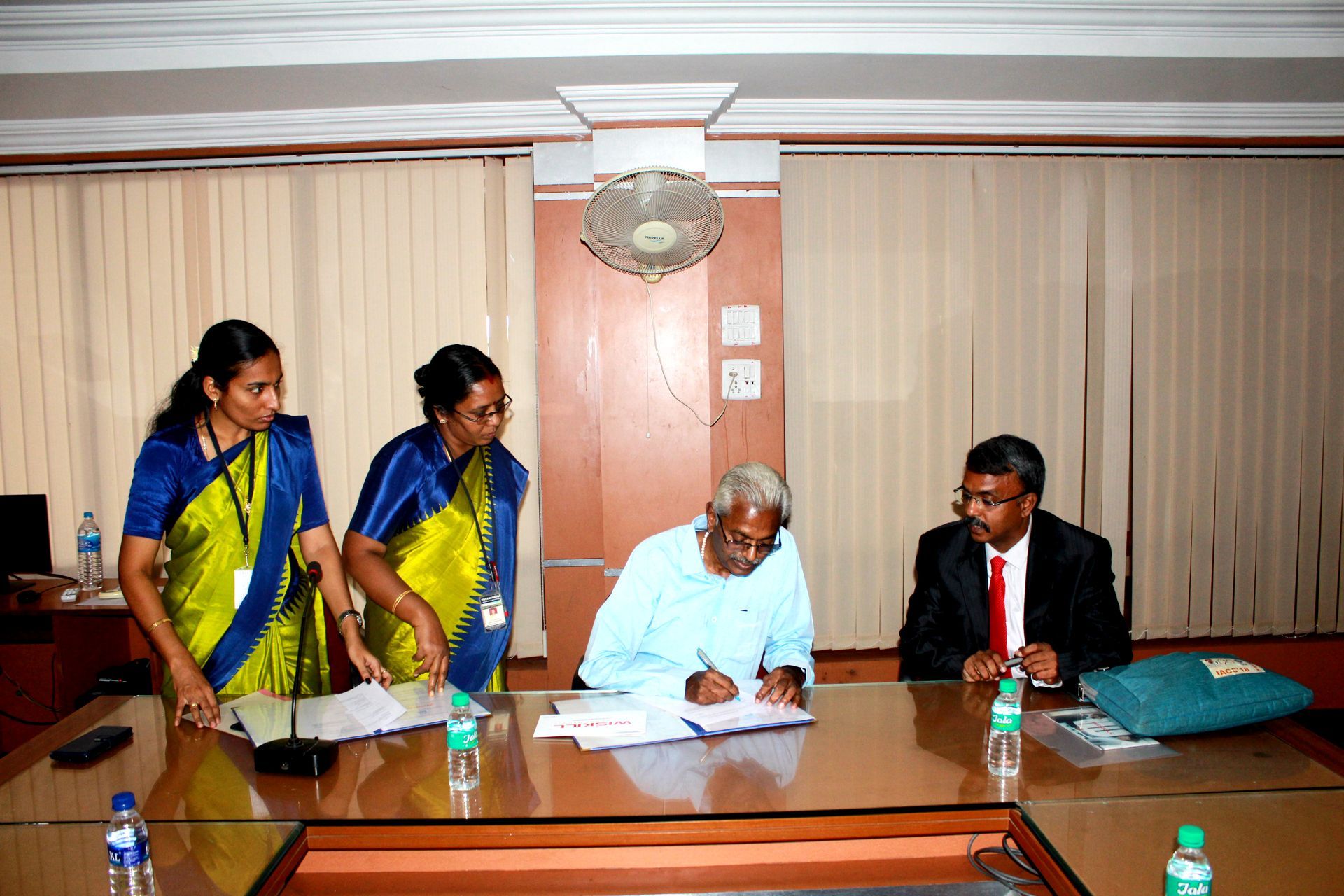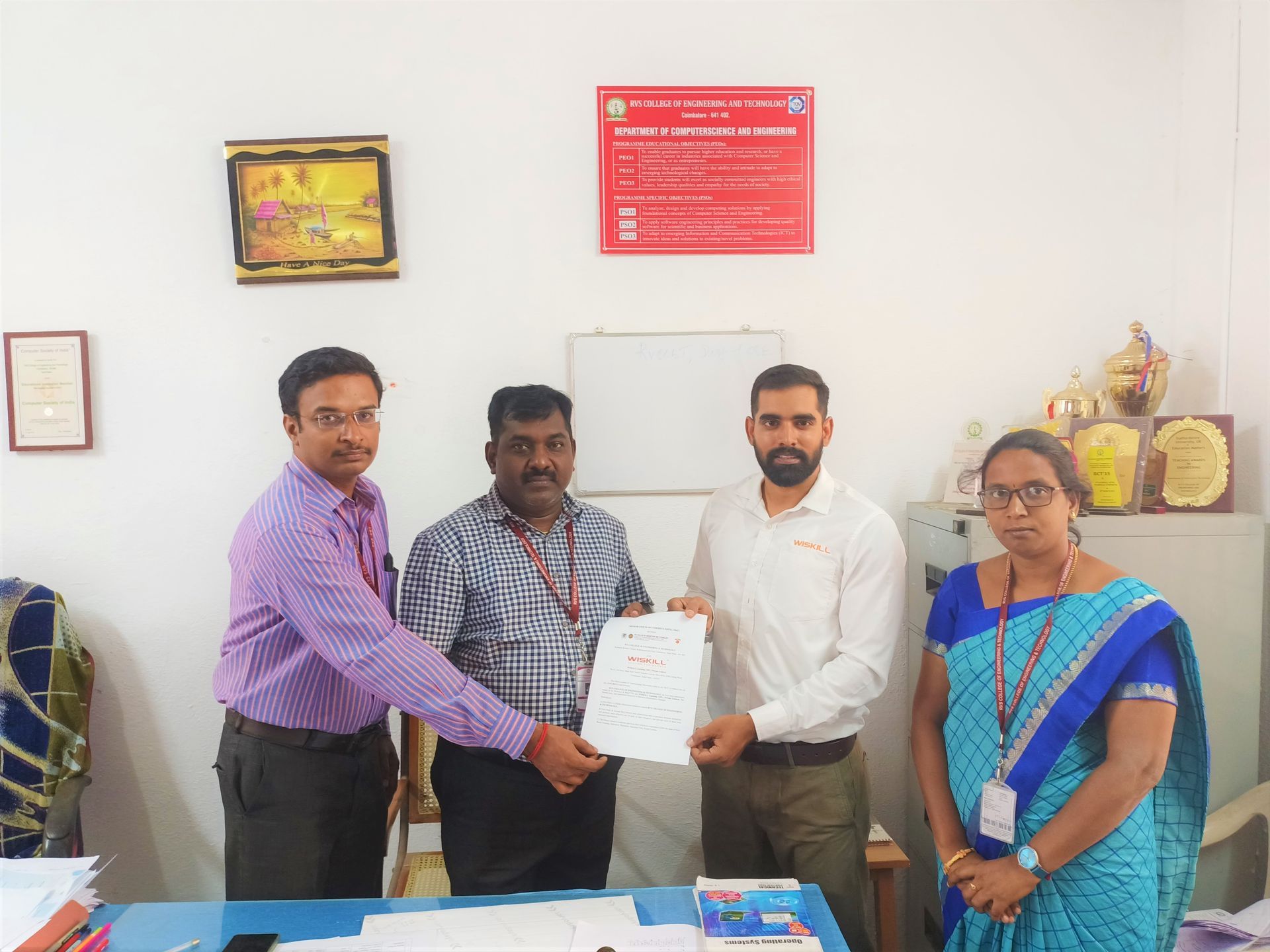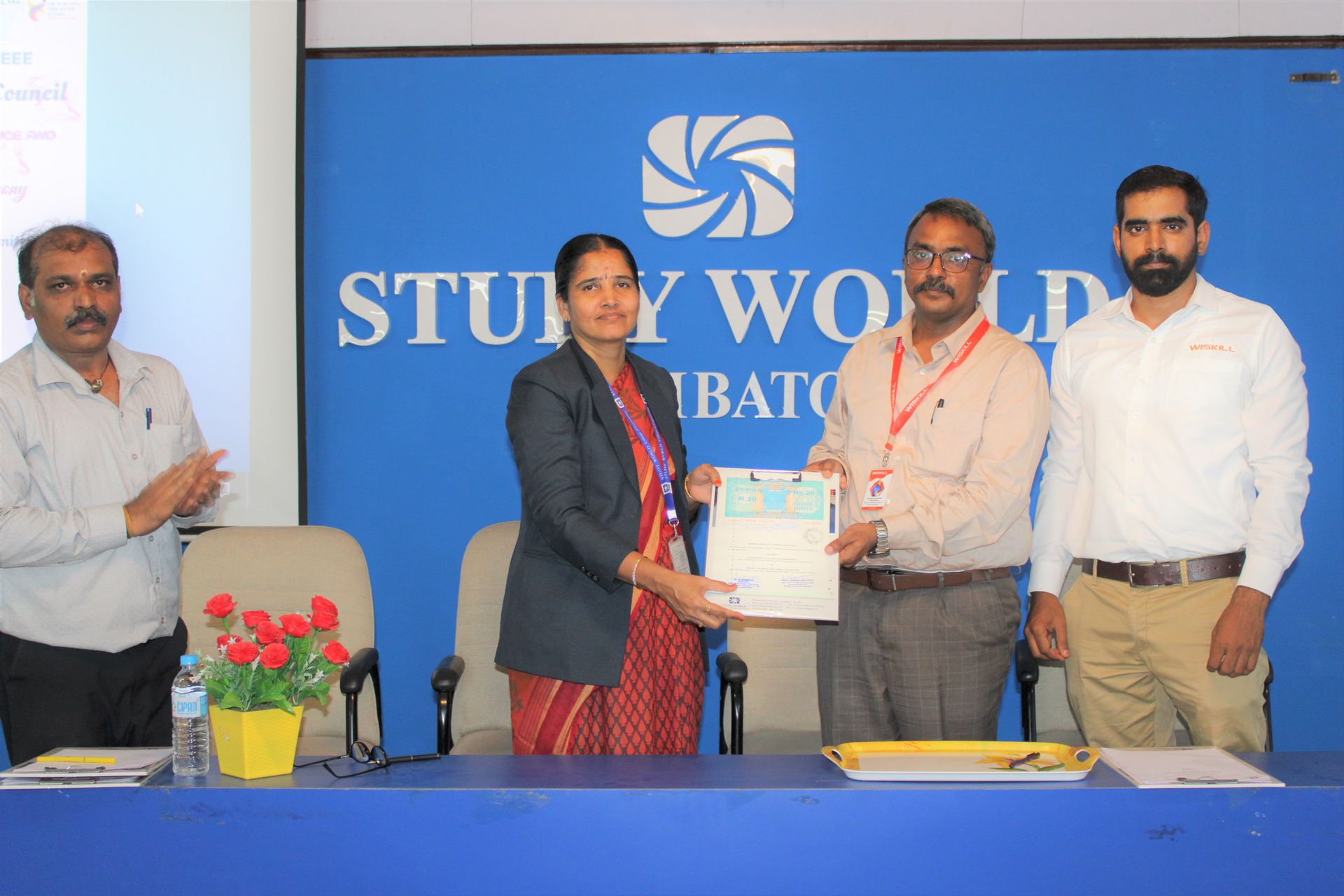Many of the jobs that today’s students will be doing in 2030 haven’t been invented yet. The big question for talent acquisition teams everywhere: What will those jobs be?
It turns out that many of these jobs will spin off from technologies that are emerging today — drones, alternative energy, autonomous cars, and cryptocurrencies and blockchain developments, for starters.
We looked into our crystal ball — and around the web — and here are 15 of the most intriguing (and perhaps far-fetched) jobs you may be recruiting for in the not-so-distant future.
1. Organ creator
The New Zealand–based website Crimson Education speculates that the shortage of transplantable organs will, eventually, lead scientists to create organs and body parts from stem cells and other materials, including some that may not even exist yet. Recruiters will be searching for candidates with a background in molecular biology, tissue engineering, or biomedical engineering.
2. Augmented-reality journey builder
Starting with notions developed in Total Recall (memory implants of vacations) and Westworld (an android-staffed amusement park), AR journey builders will allow customers to experience virtually anything they wish. The AR journey builders will, according to Cognizant’s 21 Jobs of the Future, “design, write, create, calibrate, gamify, build, and — most importantly — personalize the next generation of mind-blowing stories and in-the-moment vignettes” for well-heeled clients. The position will demand a film school degree as well as experience with massively multiplayer online role-playing games.
3. Metaverse planner
Ironically, some of the first jobs created by the metaverse are brick-and-mortar retail jobs — Meta opened a California store in early May to hawk VR and AR gear. Down the road, of course, the metaverse will not only augment reality, it will augment the LinkedIn list of in-demand jobs. And one of those roles will be metaverse planner. “[T]he Planner,” says the blog for Honeypot, a European job platform for tech talent, “will need to drive a strategic portfolio of opportunities from proof-of-concept to pilot to deployment.” Planners will need management experience and an entrepreneurial spirit. And, obviously, they’ll require a metaversity education.
4. Biofilm installer
Biofilms — collections of microbial cells attached to wet surfaces — are icky, sticky, and tricky. They are literally slime and pond scum and the source of 80% of microbial infections. But they are also a remarkable tool for sewage treatment, oil spill cleanup, and generating power. “By coating certain surfaces in the bathroom and kitchen of homes, they will become key tools for environmentally friendly buildings,” says the Canadian Scholarship Trust (CST), which also sees a big role for biofilm installers in “retrofitting smart, energy-efficient buildings.” It’s possible that biofilm installers will fit showers with microbes that attack bathroom mildew or, more broadly, equip homes with a living organism to process the garbage.
5. Earthquake forecaster
Many of the jobs on this list would have been inconceivable even a few years ago, but the role of earthquake predictor has been a job of the future for at least 50 years. In the 1970s, many scientists said that accurate, timely earthquake prediction was just around the corner. Five decades later, that’s where it remains — just around the corner. But an acceleration of machine learning applied to seismology in recent years has also accelerated hopes that businesses and governments might be hiring forecasters soon. Clearly, a background in geology and geophysics will come in handy, but so might a little abracadabra.
6. Makeshift structure engineer
The days (not so long ago) of using 3D printing to create keychains and Yoda heads have been replaced by the technology being employed to produce prosthetic hands and prototypes of jet engines. In the future, makeshift structure engineers will deploy 3D printing to construct temporary buildings for those in need after natural disasters or armed conflict (can’t we manage to get rid of that by 2030?). “3D printing will be able to print the parts needed to create small housing units, similar to trailers, in several hours or days, so that they can be assembled quickly for those in need,” CST says. Makeshift structure engineers will have a background in industrial design and structural engineering.
7. Algorithm bias auditor
Algorithms drive much of 21st-century life, from the musical choices put forth by Spotify to the dating options offered by Tinder. The contemporary hiring process — from which postings are teed up to job seekers to which candidates an ATS serves up to recruiters — is also powered by them. “[G]iven the increasing statutory scrutiny on data,” says the World Economic Forum, “it’s a near certainty that when it comes to how they’re built, verification through audits will help ensure the future workforce is also the fair workforce.” Algorithm bias auditors will have a background in computer science or data analytics.
8. Rewilder
These are the radical transformers who will potentially turn a concrete jungle into a green belt. Rewilders will focus on undoing the blight of two centuries of industrial revolution, replacing aging factories and unneeded buildings, roads, and fences with forests and native species. Rewilders will likely have a background in agriculture, wildlife management, and environmental science.
9. Human-machine teaming manager
There may be no other position that puts its occupant in the middle of the future of work quite the way the role of human-machine interface manager does. “As a man-machine teaming manager,” Cognizant says, “you will identify tasks, processes, systems, and experiences that can be upgraded by newly available technologies and imagine new approaches, skills, interactions, and constructs. You will define roles and responsibilities and set the rules for how machines and workers should coordinate to accomplish a task.” Requirements? Recruiters will be searching for candidates with a background in experimental psychology or neuroscience paired with work in computer science, engineering, or HR.
10. Digital currency advisor
With the soaring interest in cryptocurrencies such as Bitcoin, Litecoin, and Ethereum, investors now have enormous opportunities — and potential exposure — in unregulated financial instruments. “Digital currency advisors,” CST says, “specialize in these currencies and show people how to manage their wealth by using the right balance of systems.” Digital currency advisors will have backgrounds in accounting, financial management, and data security — but probably not professional basketball (as called out in this TV ad with Stephen Curry).
11. Drone traffic optimizer
Once a novelty, drones today are filming our movies and fighting our wars, policing our neighborhoods, and delivering our packages (well, that’s the plan anyway). In another decade or so, they will be everywhere. And someone will need to oversee their flight paths so they don’t begin to wreak complete havoc. In the United States, NASA and the FAA are working on this issue at a national level. The drone traffic optimizers will handle at a local level.
12. Autonomous car mechanic
The coming lines of autonomous cars from companies such as Tesla, Waymo, GM, Hyundai, Cruise, Pony.ai, and Ford will drive themselves. But they won’t repair themselves. And the mechanics who will care for cars will combine an old-fashioned love of tinkering with a cutting-edge understanding of technology. Mr. Goodwrench meets Watson.
13. Smart home design manager
The Home of Tomorrow was once a world’s fair staple. But now that future has arrived and current homes can control their own lighting, temperature, and security. “The rise of smart home design managers,” says the World Economic Forum, “will boom as homes are built — or retrofitted — with dedicated home office spaces, replete with routers in the right place, soundproofing, separate voice-driven entrances.” These managers will be “home-schooled” with advanced degrees in AI, robotics, and residential architecture.
14. Agile supply chain worker
In a global and online economy, businesses will increasingly need to respond in real time to fluctuations in both supply (where can I get parts faster, cheaper, of better quality?) and demand (why the sudden interest for our product in Southeast Asia?). “[C]ompanies need people who constantly scout out new sources for materials and components and connect company supply lines on the fly to keep costs low and turnaround fast,” says CST. Recruiters will look for candidates who’ve studied supply chain management and logistics at business school. Military veterans with experience in SCM will also be high in demand.
15. Trash engineer (aka, Garbage designer)
Humans, according to the United Nations, produce over 2 billion tons of garbage each year. And we’re running out of places to stash our trash. But to those who say there’s no way out of this mess, our future trash engineers say, “Rubbish!” The Thrillist weighs in: “Garbage designers . . . will be charged with coming up with clever methods to upcycle trash on a large scale, and manufacturers of everything from toys to clothes to furniture will hire them to find more efficient ways to use and reuse their byproducts.” A background in materials science and industrial design will be needed for those who dream of nothing less than cleaning up the world.
Final thoughts: Jobs of the future have never looked so good
Remember George Jetson, the bumbling dad in Hanna-Barbera’s space age cartoon series? George worked three hours a day, three times a week, at Spacely’s Space Sprockets. His 21st-century job? Turning the Referential Universal Digital Indexer on and off (and complaining about how much work he had).
Future jobs will actually be much more, well, animated. We may need robot counselors and aquaponic fish farmers, memory surgeons and virtual store sherpas, bio-waste optimizers and plant therapists.
One certain job of the future? Someone to recruit nimble, creative talent to fill all these roles.
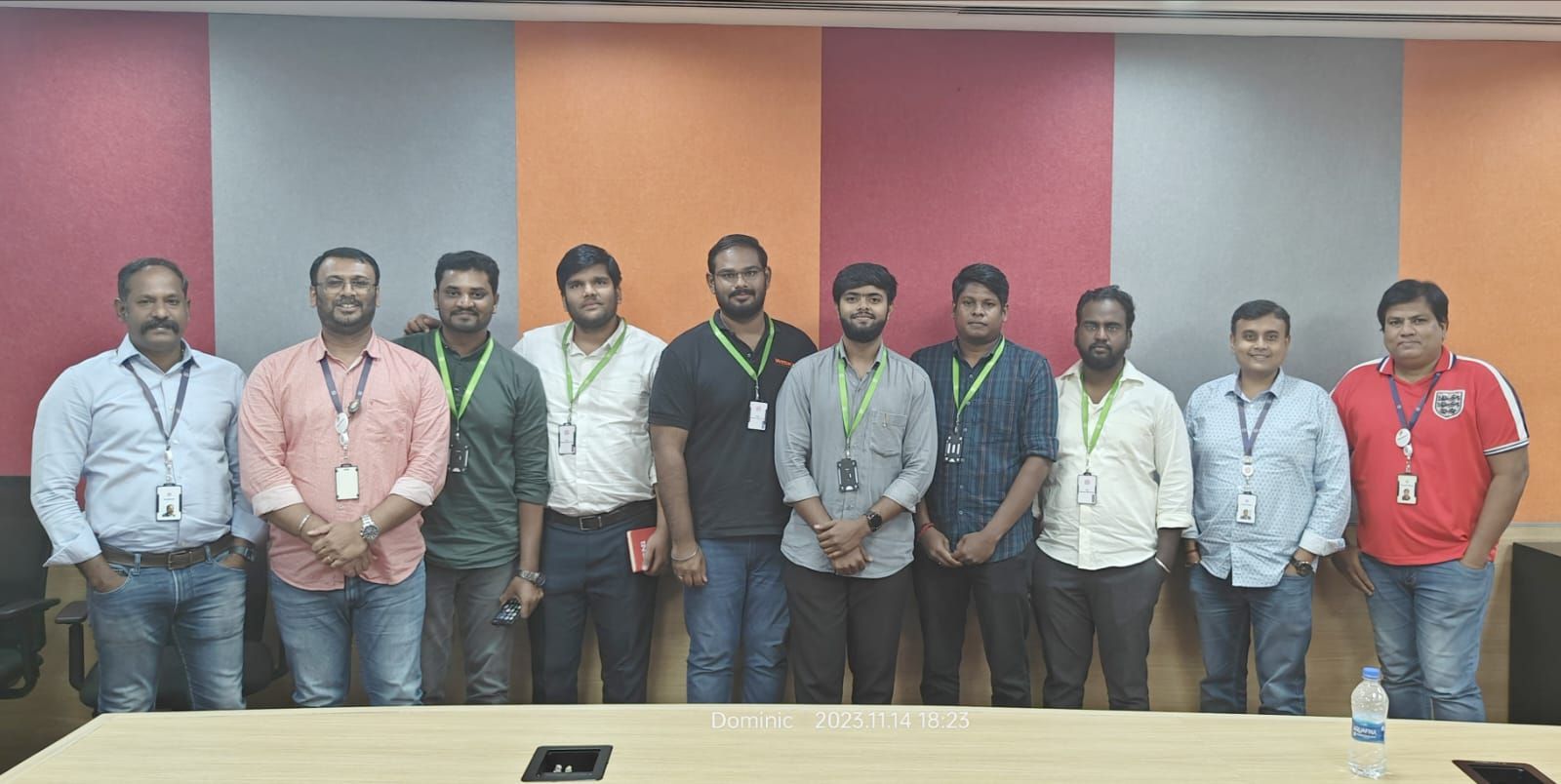
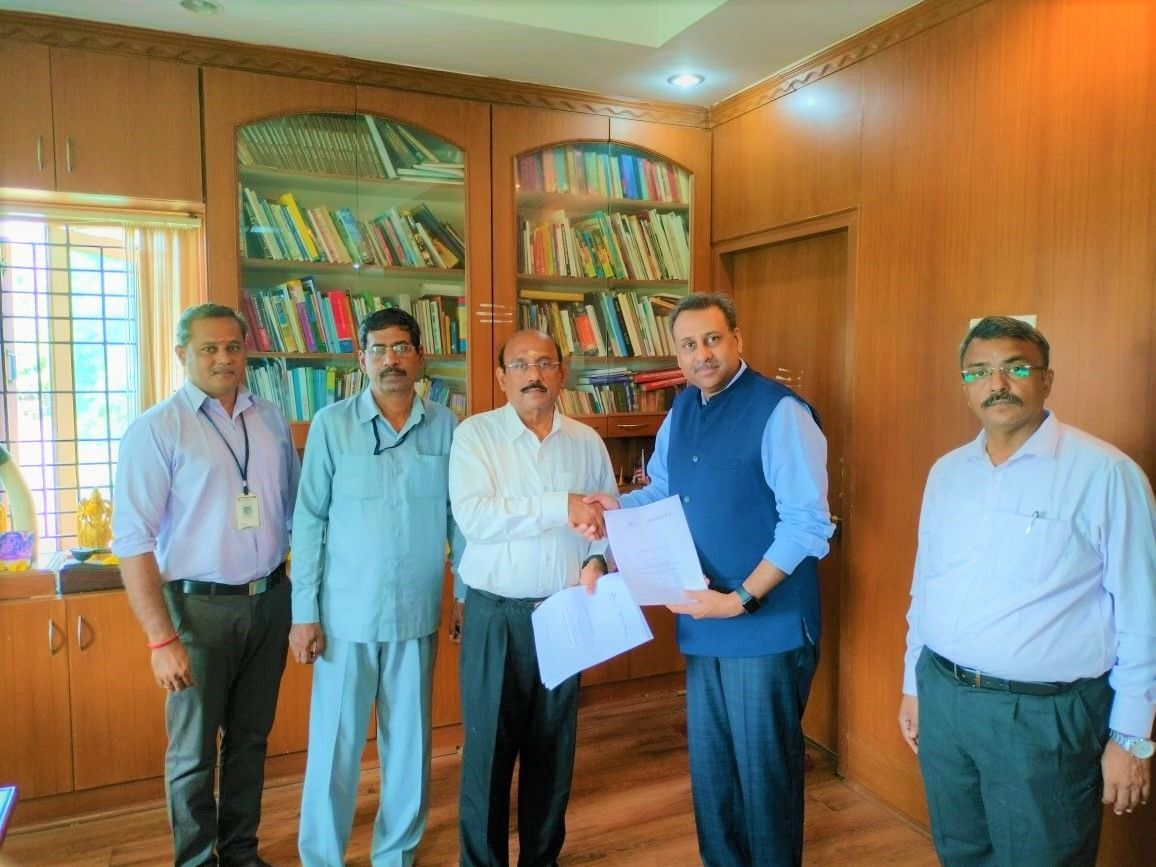
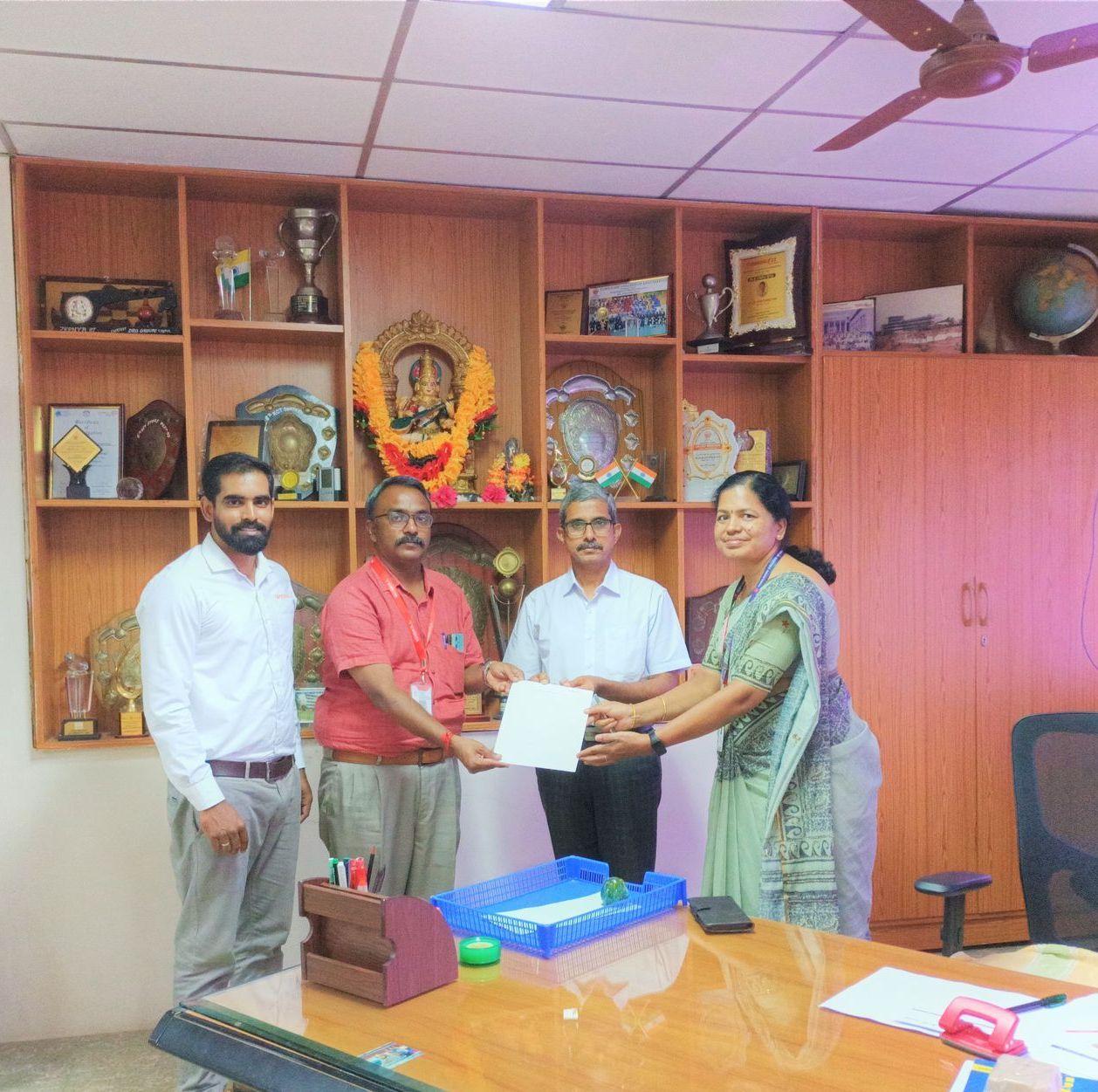

No.21, 3rd Floor, Cebaca Towers,
SNR College Road,
Nava India Rd,
Coimbatore, Tamil Nadu 641004
reach@wiskill.in
+91
7826096457
WISKILL LEARNING OPC PVT LTD
SIGN UP FOR NEWSLETTER
We will get back to you as soon as possible.
Please try again later.

